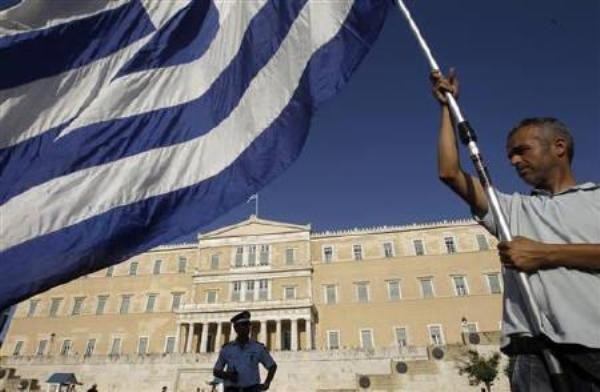After waiting for a few days, representatives of Greece creditors to begin talks in Athens on July 28, Tuesday regarding a third bailout package for the debt-swamp country.
If things go as planned today, senior members of Prime Minister Alexis Tsipras's Syriza government will convene with their creditors, The European Union, International Monetary Fund, and European Central Bank. The Greek representatives and the "troika" will be joined by the European Stability Mechanism.
It was unstated whether the teams will solely include technical experts, or will be joined by heads of missions from the four global groups. An email from an IMF spokesman to the AFP suggested that the mission heads will be absent in the initial session.
Initially scheduled over the weekend, the talk had been pushed back as the parties involved were still framing its format, Irish Examiner reported. The reason for the delay was logistical and not political.
Related Negotiation
In a related forum, which ran for 17 hours on July 15, Eurozone leaders crafted an agreement that would guide Greece in taking specific reforms in return for a favorable new bailout. The arrangement set by Greece and the other 18 eurozone members was not final.
Greek Prime Minister will be asking for his country's parliament's approval of the new austerity measures, VOA News reported. The Greek public, who previously rejected less stringent bailout conditions, must also agree.
On the other side, some Eurozone associates, including Germany, which expressed skepticism towards the new deal, must also gain parliamentary approval to commence the negotiations on a new assistance package for Athens.
But leaders, led by European Union President Donald Tusk, commended the accord saying "The decision gives Greece a chance to get back on track with the support of European parliaments. It also avoids the social, economic and political consequences that a negative outcome would have brought."
German Chancellor Angela Merkel also recommended the deal stating it offers extensive support that could help Greece recover over time.



























